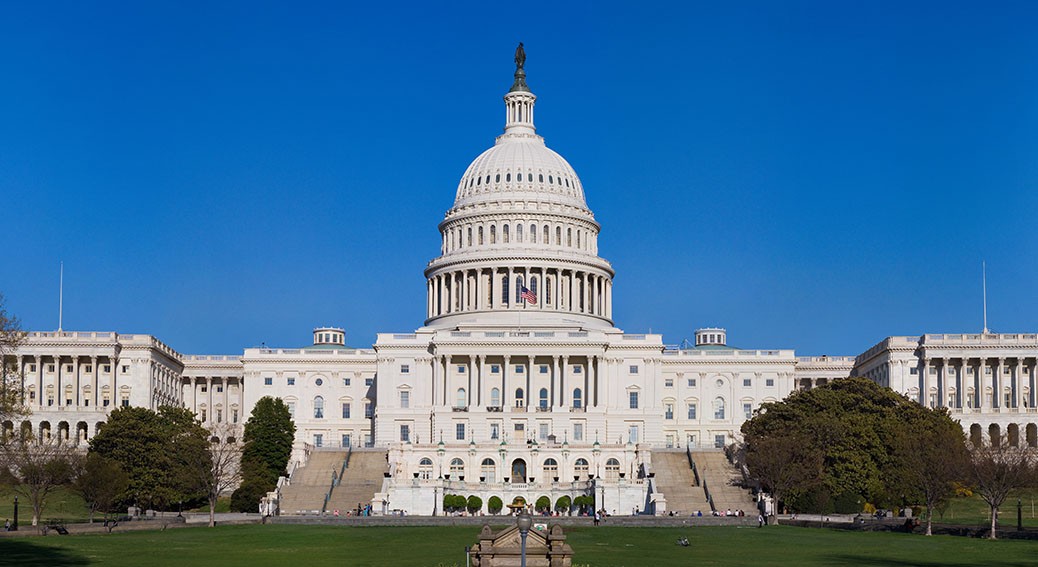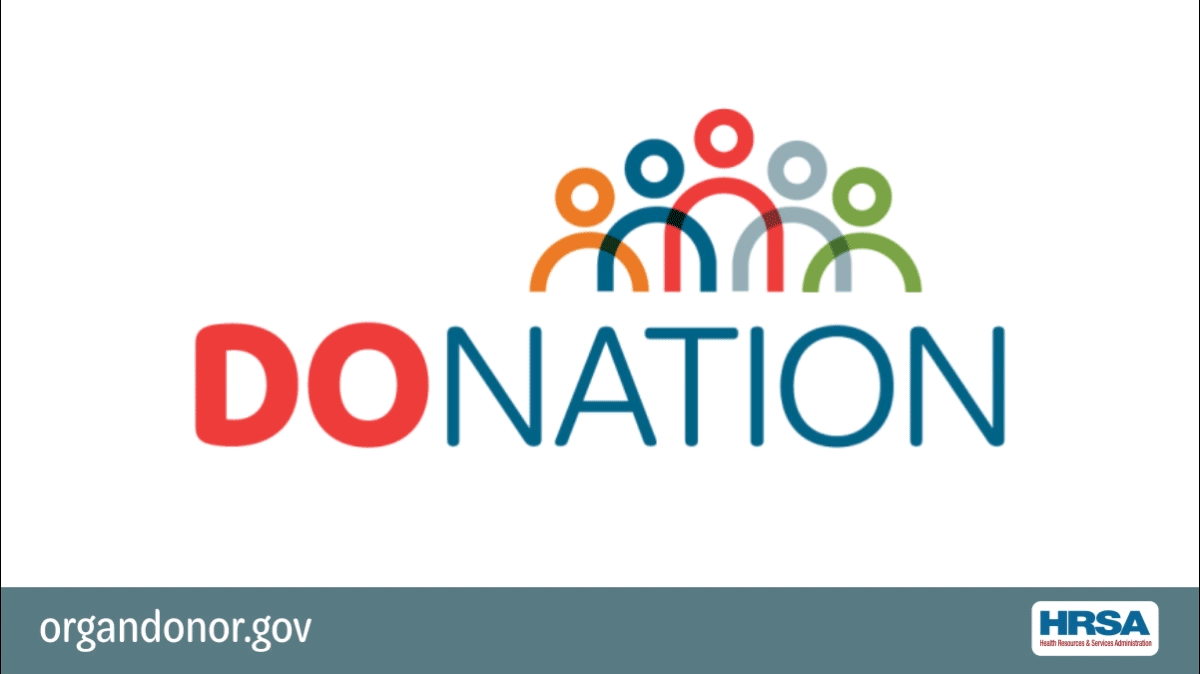Next week, the Congressional Budget Office (CBO) will release its score for the American Health Care Act (AHCA, H.R. 1628), which was passed by the House on May 4. Senate Majority Leader Mitch McConnell (R-Kentucky) has created a 13-person Republican working group on health care, which is drafting a Senate version of the health care bill.
In addition, we learned through our Hill visits last week that the Senate is holding numerous conferences within party lines to discuss possible changes to the House version of the AHCA. During the visits, our members expressed a strong desire to see a bipartisan effort to pass a bill. Sen. John Thune affirmed that a bipartisan bill would provide for long-lasting health policy for the country. But both Sen. Thune and Sen. Mike Rounds didn’t think either party would come together to pass a bill given the polarization in D.C.
Meanwhile, Senate conservatives such as Mike Lee (R-Utah) are seeking faster and steeper cuts to Medicaid. The proposal would drop millions of individuals from coverage and mark the biggest changes to the program in its 52-year history. If supported, the amendment would significantly scale back the federal-state insurance program that covers 73 million low-income or disabled Americans.
The 30+ senators who hail from Medicaid expansion states are more inclined to reach across the aisle to find a compromise, but the leadership of both parties are discouraging these discussions. Senate Majority Leader Mitch McConnell can lose no fewer than two Republican votes. At this time, there are a handful of GOP senators that are considered swing voters. This list includes Sen. Dean Heller, (R-Nevada), Sen. Susan Collins (R-Maine), Sen. Shelley Moore Capito (R-West Virginia) and Sen. Bill Cassidy (R-Louisiana). This group began discussions about a bipartisan bill late Monday evening with Sen. Heidi Heitkamp (D-North Dakota) and Sen. Joe Donnelly (D-Indiana). These talks are gaining traction among moderates as they desire to repair health care and provide a better option for Americans.
With eight working weeks left until the August break, the best estimate for a Senate vote is mid- to late-July, but there is a chance of the vote occurring after the August break.







